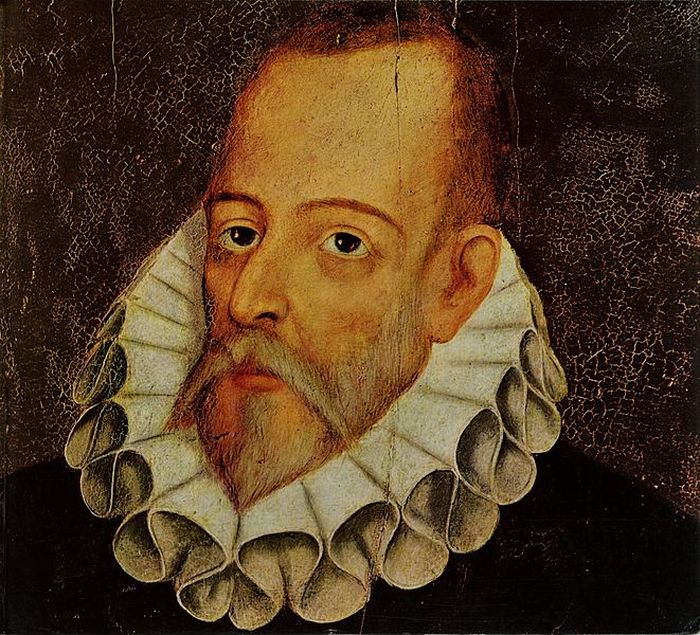The other poet evinced an awkward comminglement of consternation and pity. “It appears that when this storm arose why, Mistress Drew was with a young man of the neighborhood a John Hewet – ” Gay was speaking with unaccustomed rapidity.
“Hughes, I think,” Pope interrupted, equably.
“Perhaps I am not sure. They sought shelter under a haycock. You will remember that first crash of thunder, as if the heavens were in demolishment? My friend, the reapers who had been laboring in the fields who had been driven to such protection as the trees or hedges afforded ”
“Get on!” a shrill voice cried; “for God’s love, man, get on!” Mr. Pope had risen.
This pallid shaken wisp was not in appearance the great Mr. Pope whose ingenuity had enabled Homeric warriors to excel in the genteel.
“They first saw a little smoke. They found this Hughes with one arm about the neck of Mistress Drew, and the other held over her face, as if to screen her from the lightning. They were both” and here Gay hesitated. “They were both dead,” he amended.
Necessity uncouth
Pope turned abruptly. Nakedness is of necessity uncouth, he held, whether it be the body or the soul that is unveiled. Mr. Pope went toward a window which he opened, and he stood thus looking out for a brief while.
“So she is dead,” he said. “It is very strange. So many rare felicities of curve and color, so much of purity and kindliness and valor and mirth, extinguished as one snuffs a candle! Well, I am sorry she is dead, for the child had a talent for living and got such joy out of it. … Hers was a lovely happy life, but it was sterile. Already nothing remains of her but dead flesh which must be huddled out of sight. I shall not perish thus entirely, I believe. Men will remember me. Truly a mighty foundation for pride! when the utmost I can hope for is but to be read in one island, and to be thrown aside at the end of one age. Indeed, I am not even sure of that much.
I print, and print, and print. And when I collect my verses into books, I am altogether uncertain whether to look upon myself as a man building a monument, or burying the dead. It sometimes seems to me that each publication is but a solemn funeral of many wasted years. For I have given all to the verse making. Granted that the sacrifice avails to rescue my name from oblivion, what will it profit me when I am dead and care no more for men’s opinions than Sarah Drew cares now for what I say of her? But then she never cared. She loved John Hughes. And she was right.”
He made an end of speaking, still peering out of the window with considerate narrowed eyes.
Read More about Rabbi Akiva 1








